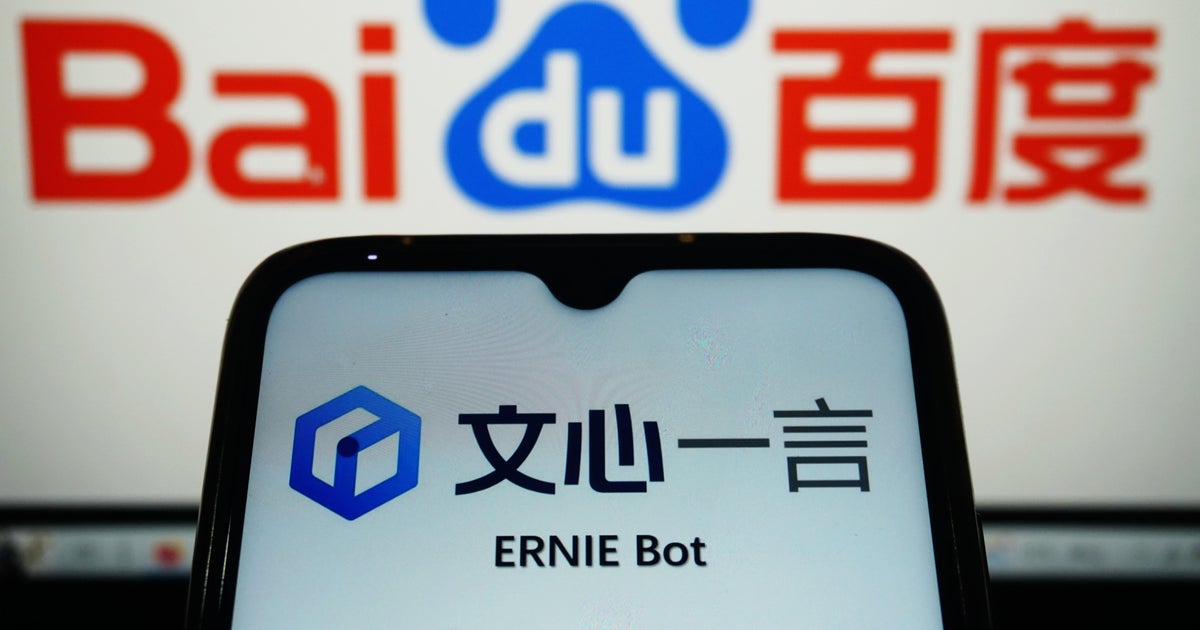Beijing — Days after popular artificial intelligence tool ChatGPT‘s developer OpenAI released its latest version, GPT4, Chinese tech giant Baidu, best known for its search engine and map services in the country, revealed its AI answer to the world. In a prerecorded video presentation, Baidu’s celebrity founder Robin Li showcased the “Ernie” (Enhanced Representation of Knowledge Integration) chatbot, which he said could comprehend human intentions and deliver responses approaching human level.
The service hasn’t yet been released for the general public to try out, but the event listed functions such as understanding Chinese language, generating writing, and performing mathematical calculations, which overlap with ChatGPT’s functionality.
There were some highlights during the presentation, such as the presentation of a poster that Ernie was said to have conjured up based on text descriptions, but overall, investors seemed unimpressed with the prerecorded launch.
Baidu’s stock price on the Hong Kong Stock Exchange fell by as much as 10% at one point during the unveiling, but the stock recouped its losses in Friday trading.
Qilai Shen/Bloomberg via Getty Images
The Reuters news agency said a limited number of people received codes to try the Ernie software after the launch on Thursday, quickly turning to social media platforms to offer their reviews, including some side-by-side comparisons with American-made chatbots such as Microsoft’s Bing, which uses ChatGPT technology.
One person said on China’s Twitter-like platform Weibo that Ernie had managed to deliver an “O.K.” response to a question about a philosopher, for instance, but they noted that there was “a definite gap between Ernie bot and Bing.”
Reuters quoted the reviewer, a technology blogger who goes by the handle Chapingjun, with more than 2.4 million followers on Wiebo, as saying the gap in functionality was “not insanely big,” and noting that, “in certain questions (Ernie) even performed better than Bing.”
Despite the lackluster launch event, Ernie is likely to enjoy a significant market advantage on its home turf over U.S.-made products, due to both China’s own drive for technological independence, and Western sanctions.
At the annual meeting of China’s legislature that wrapped up Monday, a revamp of China’s science and technology ministry was announced, with the stated aim of pursuing “self-reliance” amid increasing U.S. restrictions on the sale of advanced processing chips and manufacturing equipment to China.
For all the latest World News Click Here
For the latest news and updates, follow us on Google News.

